African Union
The African Union's Continental AI Strategy sets the stage for a unified approach to AI governance across the continent.

Artificial intelligence (AI) has made enormous strides in recent years and has increasingly moved into the public consciousness.
Subscribe
We encourage you to subscribe to receive AI-related updates.
Explore Trendscape Our take on the interconnected global trends that are shaping the business climate for our clients.
Increases in computational power, coupled with advances in machine learning, have fueled the rapid rise of AI. This has brought enormous opportunities, as new AI applications have given rise to new ways of doing business. It has also brought potential risks, from unintended impacts on individuals (e.g., AI errors harming an individual's credit score or public reputation) to the risk of misuse of AI by malicious third parties (e.g., by manipulating AI systems to produce inaccurate or misleading output, or by using AI to create deepfakes).
Governments and regulatory bodies around the world have had to act quickly to try to ensure that their regulatory frameworks do not become obsolete. In addition, international organizations such as the G7, the UN, the Council of Europe and the OECD have responded to this technological shift by issuing their own AI frameworks. But they are all scrambling to stay abreast of technological developments, and already there are signs that emerging efforts to regulate AI will struggle to keep pace. In an effort to introduce some degree of international consensus, the UK government organized the first global AI Safety Summit in November 2023, with the aim of encouraging the safe and responsible development of AI around the world. The EU is also implementing the first comprehensive horizontal legal framework for the regulation of AI systems across EU Member States (the EU AI Act is addressed in more detail here: AI watch: Global regulatory tracker - European Union, and you can read our EU AI Act Handbook here).
Most jurisdictions have sought to strike a balance between encouraging AI innovation and investment, while at the same time attempting to create rules to protect against possible harms. However, jurisdictions around the world have taken substantially different approaches to achieving these goals, which has in turn increased the risk that businesses face from a fragmented and inconsistent AI regulatory environment. Nevertheless, certain trends are becoming clearer at this stage:
Businesses in almost all sectors need to keep a close eye on these developments to ensure that they are aware of the AI regulations and forthcoming trends, in order to identify new opportunities and new potential business risks. But even at this early stage, the inconsistent approaches each jurisdiction has taken to the core questions of how to regulate AI is clear. As a result, it appears that international businesses may face substantially different AI regulatory compliance challenges in different parts of the world. To that end, this AI Tracker is designed to provide businesses with an understanding of the state of play of AI regulations in the core markets in which they operate. It provides analysis of the approach that each jurisdiction has taken to AI regulation and provides helpful commentary on the likely direction of travel.
Because global AI regulations remain in a constant state of flux, this AI Tracker will develop over time, adding updates and new jurisdictions when appropriate. Stay tuned, as we continue to provide insights to help businesses navigate these ever-evolving issues.
The African Union's Continental AI Strategy sets the stage for a unified approach to AI governance across the continent.
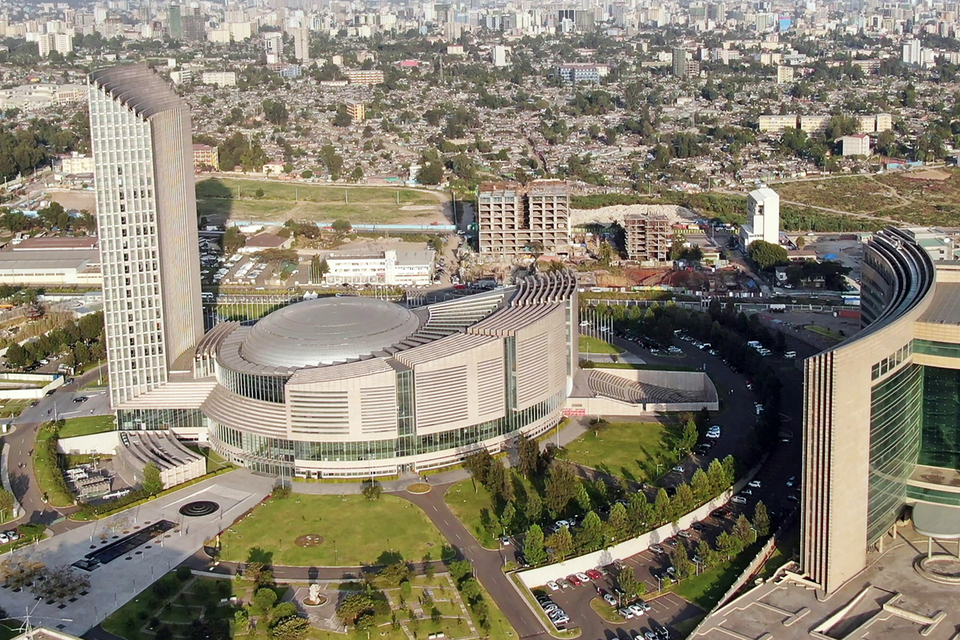
Voluntary AI Ethics Principles guide responsible AI development in Australia, with potential reforms under consideration.

The enactment of Brazil's proposed AI Regulation remains uncertain with compliance requirements pending review.

AIDA expected to regulate AI at the federal level in Canada but provincial legislatures have yet to be introduced.

The Interim AI Measures is China's first specific, administrative regulation on the management of generative AI services.

Despite congressional activity on AI in Colombia, regulation remains unclear and uncertain.

The Council of Europe is developing a new Convention on AI to safeguard human rights, democracy, and the rule of law in the digital space covering governance, accountability and risk assessment.
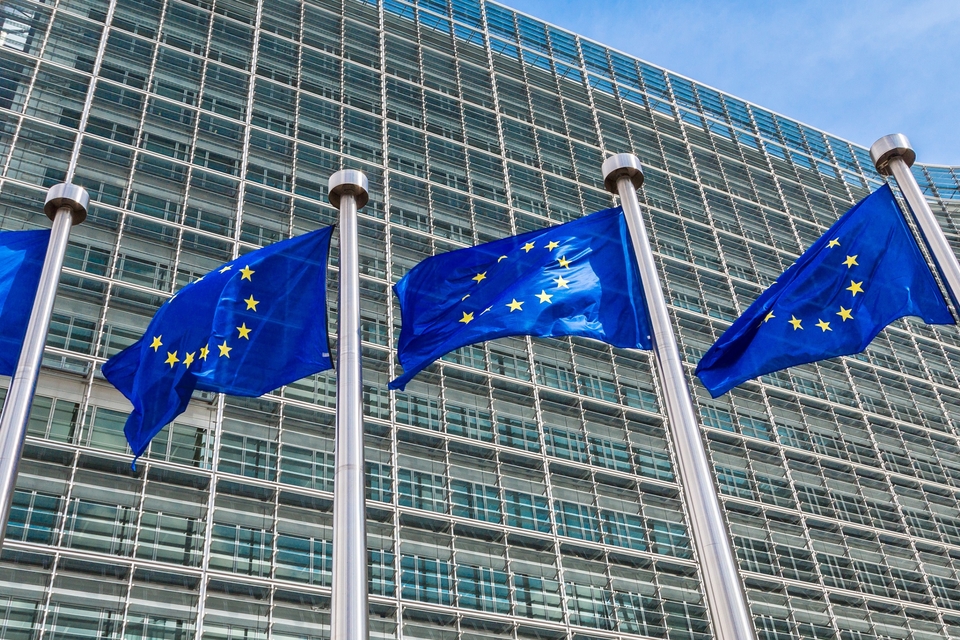
The successful implementation of the EU AI Act into national law is the primary focus for the Czech Republic, with its National AI Strategy being the main policy document.

The EU introduces the pioneering EU AI Act, aiming to become a global hub for human-centric, trustworthy AI.
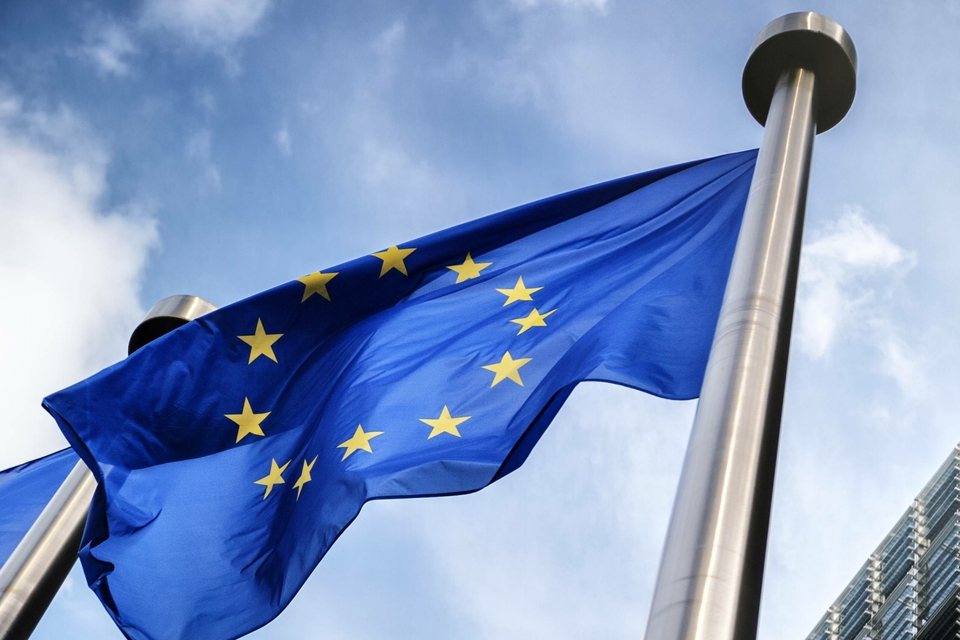
France actively participates in international efforts and proposes sector-specific laws.

The G7's AI regulations mandate Member States' compliance with international human rights law and relevant international frameworks.

Germany evaluates AI-specific legislation needs and actively engages in international initiatives.

Hong Kong lacks comprehensive AI legislative framework but is developing sector-specific guidelines and regulations, and investing in AI.

National frameworks inform India’s approach to AI regulation, with sector-specific initiatives in finance and health sectors.

Israel promotes responsible AI innovation through policy and sector-specific guidelines to address core issues and ethical principles.


Japan adopts a soft law approach to AI governance but lawmakers advance proposal for a hard law approach for certain harms.

Kenya's National AI Strategy and Code of Practice expected to set foundation of AI regulation once finalized.

Nigeria's draft National AI Policy underway and will pave the way for a comprehensive national AI strategy.

Position paper informs Norwegian approach to AI, with sector-specific legislative amendments to regulate developments in AI.

The OECD's AI recommendations encourage Member States to uphold principles of trustworthy AI.
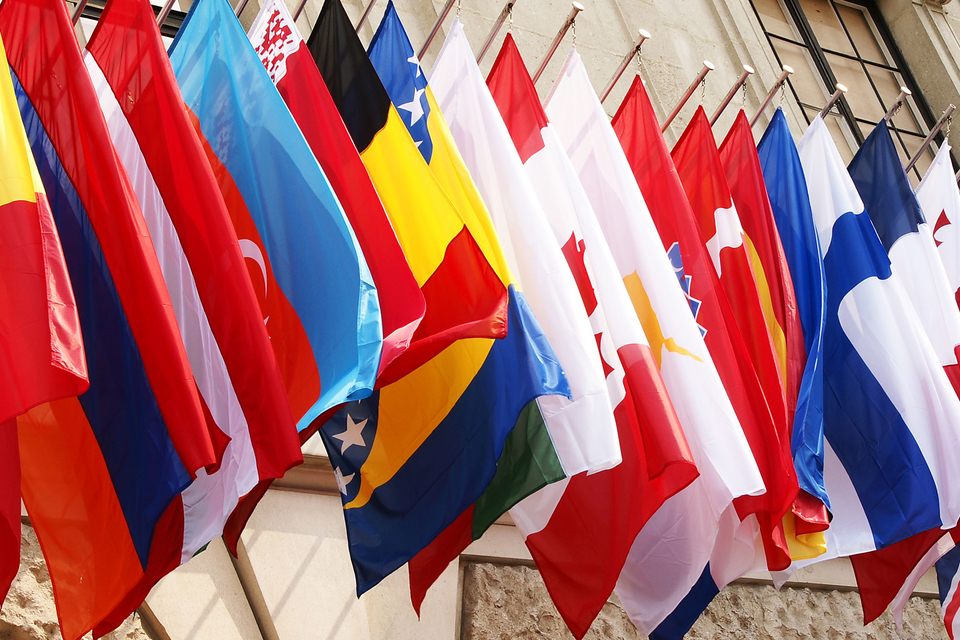
Saudi Arabia is yet to enact AI Regulations, relying on guidelines to establish practice standards and general principles.

Singapore's AI frameworks guide AI ethical and governance principles, with existing sector-specific regulations addressing AI risks.

South Africa is yet to announce any AI regulation proposals but is in the process of obtaining inputs for a draft National AI plan.

South Korea's AI Act has been promulgated as the fundamental body of law governing AI.

Spain creates Europe's first AI supervisory agency and actively participates in EU AI Act negotiations.

Switzerland's National AI Strategy sets out guidelines for the use of AI, and aims to finalize an AI regulatory proposal in 2025.

Draft laws and guidelines are under consideration in Taiwan, with sector-specific initiatives already in place.

Turkey has published multiple guidelines on the use of AI in various sectors, with a bill for AI regulation now in the legislative process.

Mainland UAE has published an array of decrees and guidelines regarding regulation of AI, while the ADGM and DIFC free zones each rely on amendments to existing data protection laws to regulate AI.

The UK prioritizes a flexible framework over comprehensive regulation and emphasizes sector-specific laws.

The UN's AI resolutions encourage Member States to adopt national rules to establish safe, secure and trustworthy AI systems and create forums to advance global cooperation, scientific understanding, and share best practices.
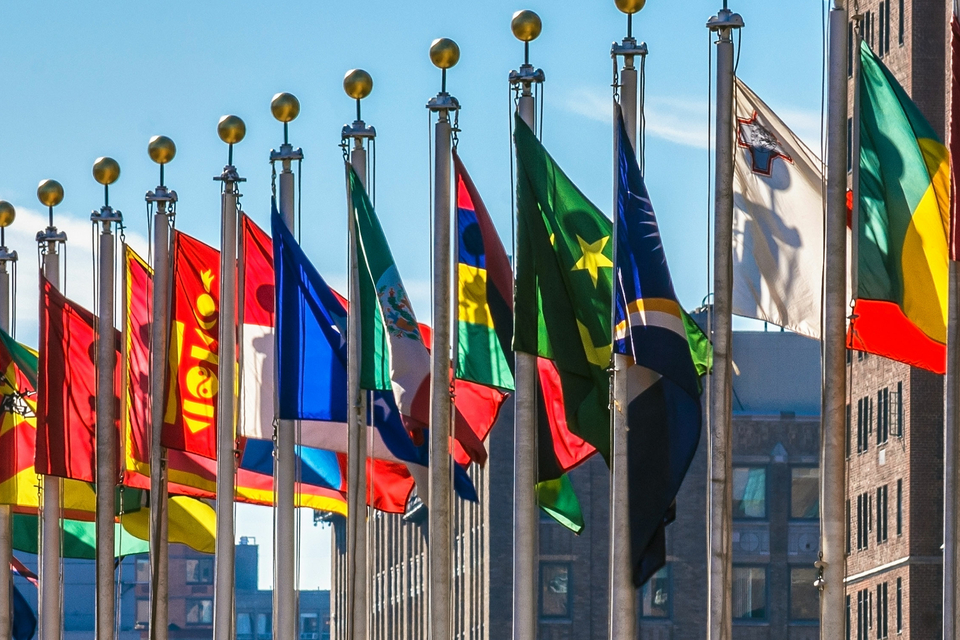
The US relies on existing federal laws and guidelines to regulate AI but aims to introduce AI legislation and a federal regulation authority.


Nigeria's draft National AI Policy underway and will pave the way for a comprehensive national AI strategy.
There is currently no specific law or regulation that directly regulates AI in Nigeria.
However, the National Information Technology Development Agency (NITDA) announced in 2022 that it was seeking the contributions of stakeholders to enable the development of the National Artificial Intelligence Policy (NAIP). In March 2023, the NITDA announced that it had completed the first draft of the NAIP.
In August 2023, the Federal Ministry of Communications, Innovation and Digital Economy (FMCIDE) released a white paper announcing steps1 to expand on the draft NAIP by developing a comprehensive National Artificial Intelligence Strategy.
In August 2024, the Federal Minister of Communication, Innovation, and Digital Economy released the draft National Artificial Intelligence Strategy (NAIS). The NAIS provides a roadmap for developing a robust framework that will support the ethical and responsible use of artificial intelligence and launch Nigeria as a global leader in the AI space. The NAIS identified four broad AI risks: economic, ethical, societal, and AI model. It adopted the Identify, Assess, Mitigate, Monitor, and Review procedure stated in the National Institute of Standards and Technology Framework for AI Risk Management for mitigating AI risks. Some factors that may influence the implementation of AI in Nigeria include funding shortfall, lack of skilled workforce, ethical concerns, data security, slow adoption by the private sector, and rapid changes of technology.
In September 2024, the Nigerian Bar Association (NBA) issued Guidelines for the use of artificial intelligence in the legal profession in Nigeria2 (the "Guidelines") to mitigate potential ethical violations by legal practitioners. The Guidelines focus on the application of AI in the Nigerian legal sector. It provides an overview of relevant AI concepts, legal considerations, and practical implementation strategies. In addition, the Guidelines stress responsible AI adoption, human oversight, data privacy, and transparency in decision-making processes.
In addition, in 2023, Nigeria signed the Bletchley Declaration on AI, along with 28 other nations, including the UK and France, committing to AI development that mitigates risk.
As noted above, there are currently no specific laws or regulations that directly regulate AI in Nigeria.
There are various laws that do not directly regulate AI but affect the development or use of AI in Nigeria. A non-exhaustive list of key examples include:
As noted above, there are currently no specific laws or regulations in Nigeria that directly regulate AI. However, the Nigerian Communications Commission (NCC), which regulates the telecommunications sector, adopted the definition of AI under the American Heritage Science Dictionary and Stanford University9 in its research paper entitled 'Ethical and Societal Impact of Artificial Intelligence'10 ("NCC Research Paper"). In the NCC Research Paper, AI is defined as the ability of a computer or other machine to perform actions thought to require intelligence. The NCC Research Paper goes on to describe AI as "the science and a set of computational technologies that are inspired by, but typically operate quite differently from, the ways people use their nervous systems and bodies to sense, learn, reason, and take action".
As noted above, there are currently no specific laws or regulations in Nigeria that directly regulate AI, but the use of AI may be regulated by other applicable laws, each of which has its own territorial scope. For instance, AI deployed in processing personal data will come within the scope of the Nigeria Data Protection Act, 2023 (NDPA), which has extra-territorial applicability and applies to entities outside Nigeria that process the personal data of Nigerian residents.
As there are currently no specific AI laws or regulations in Nigeria, the use of AI is regulated by other applicable laws that include AI within their scope. For instance, AI deployed in telecommunication services will come under the purview of the NCA. In addition, the Copyright Act will regulate the use of AI to generate any copyrightable material or the utilization of copyrighted materials by AI. The NCA regulates the use of AI to provide communication services. Similarly, the FCCPA and the Cybercrimes Act will regulate AI that is deployed within the scope of these legislations.
In the absence of any specific laws or regulations on AI in Nigeria , the use of AI is currently regulated by other applicable laws. For instance, section 37 of the NDPA provides that a data subject shall not be subject to a decision based solely on automated processing of personal data, including profiling which produces legal or similar effect except where there is human intervention, and the logic of the decision made is capable of being contested.
Section 29 of the NDPA requires entities to implement technical and organizational measures to protect personal information – This may involve making use of AI tools to protect personal data.
Therefore, developers and users of AI in Nigeria come within the purview, and are required to comply with the provisions, of all laws that contain provisions on AI creation, deployment and utilization in Nigeria.
The SEC Rules on Robo Advisory Services require a 'Robo Adviser' (i.e., a person who provides digital advisory services) to implement measures that will effectively mitigate against fault and bias in algorithms. In addition, the NDPA always requires human intervention when deploying an AI system and the opportunity for individuals to question the logic of the AI-based decision. Consequently, both laws seek to address bias and advance transparency in AI systems.
We have mentioned above that there is currently no specific law that regulates AI in Nigeria. The use of AI in Nigeria may be regulated by the provisions of other applicable laws. In particular, the NDPA takes a risk-based approach towards processing personal data, and that risk-based approach applies where AI systems are used to process personal data. In addition, NAIS identified four broad risk categories associated with the use of AI including i) economic risk, (ii) ethical risk, (iii) societal risk, and (iv) AI model risk.
Based on the NDPA, the NDPA subsidiary legislation and the SEC Rules on Robo Advisory Services,11 AI providers and deployers are expected to comply with the following:
AI systems are primarily regulated by the National Information and Technology Development Agency through the National Centre for Artificial Intelligence and Robotics.12 Other relevant regulatory bodies include Nigeria Data Protection Commission, Nigeria Communication Commission and Federal Competition and Consumer Protection Commission.
Although there is no specific law against the offensive use of AI, certain laws, such as those mentioned in Section 3 above, may be applicable depending on the offence committed and the nature of the AI that is being utilized.
Jeffrey Shin (Associate, White & Case, London) and Cameron Lee (Associate, White & Case, Singapore) contributed to this publication.
1 https://fmcide.gov.ng/initiative/nais/
2 Guidelines issued by NBA available here
3 https://www.nfiu.gov.ng/images/Downloads/downloads/cybercrime.pdf
4 https://ndpc.gov.ng/Files/Nigeria_Data_Protection_Act_2023.pdf
5 https://sec.gov.ng/wp-content/uploads/2023/04/Rules-on-Robo-Advisory-Services_Executed-30-August-2021.pdf
6 https://fccpc.gov.ng/wp-content/uploads/2022/07/FCCPA-2018.pdf
7 https://copyright.gov.ng/wp-content/uploads/2023/04/CopyrightAct2023FinalPublication1.pdf
8 https://ncc.gov.ng/accessible/documents/128-nigerian-communications-act-2003/file
9 https://ai100.stanford.edu/2016-report/executive-summary
10 https://www.ncc.gov.ng/docman-main/research-development/919-ethical-and-societal-impact-of-artificial-intelligence-ai/file
11 https://sec.gov.ng/wp-content/uploads/2023/04/Rules-on-Robo-Advisory-Services_Executed-30-August-2021.pdf
12 https://nitda.gov.ng/ncair/
White & Case means the international legal practice comprising White & Case LLP, a New York State registered limited liability partnership, White & Case LLP, a limited liability partnership incorporated under English law and all other affiliated partnerships, companies and entities.
This article is prepared for the general information of interested persons. It is not, and does not attempt to be, comprehensive in nature. Due to the general nature of its content, it should not be regarded as legal advice.
© 2025 White & Case LLP
Jumoke Lambo
Partner, UUBO
+234 1 277 4920
jumoke.lambo@uubo.org
Chisom Okolie
Senior Associate, UUBO
+234 1 277 4920
chisom.okolie@uubo.org
Samuel Ngwu
Associate, UUBO
+234 1 277 4920
samuel.ngwu@uubo.org